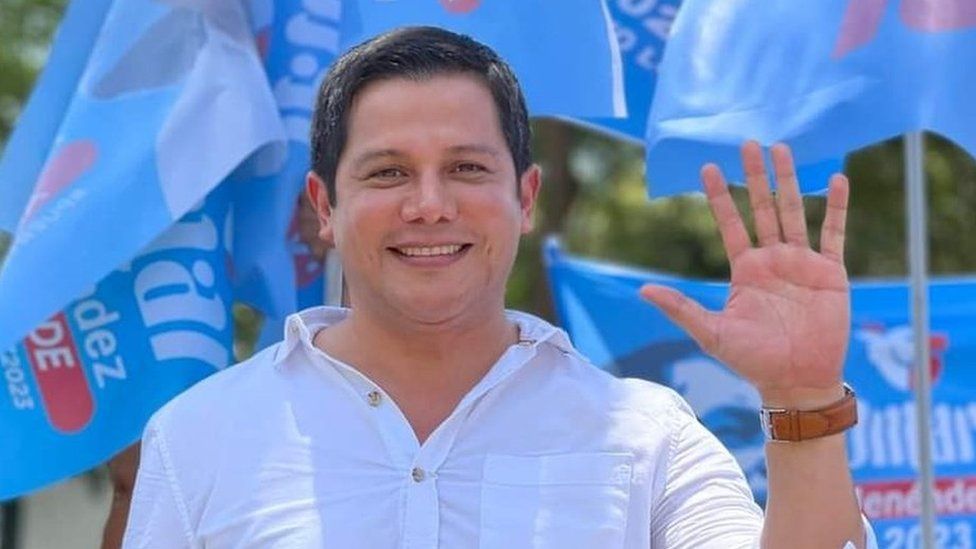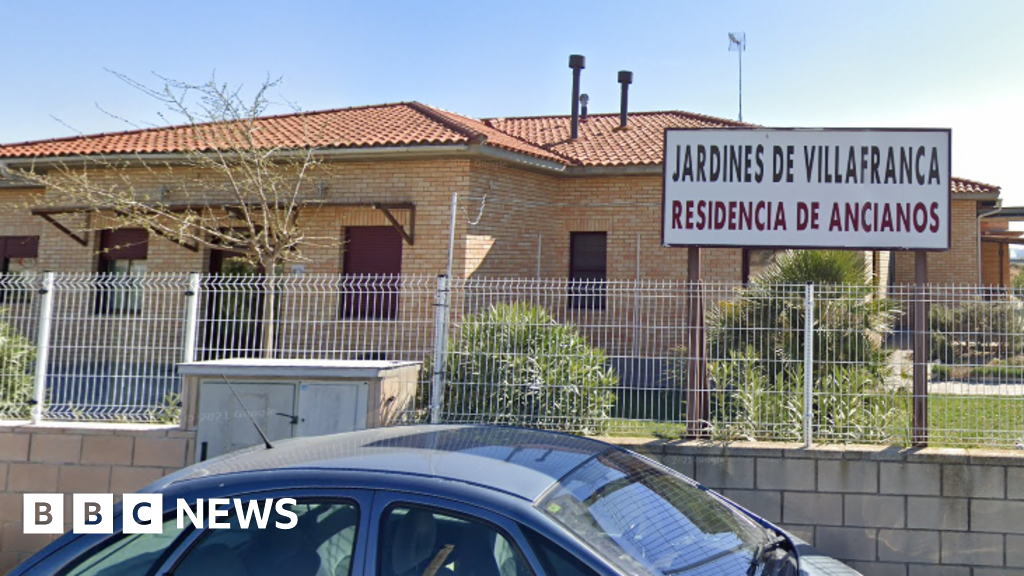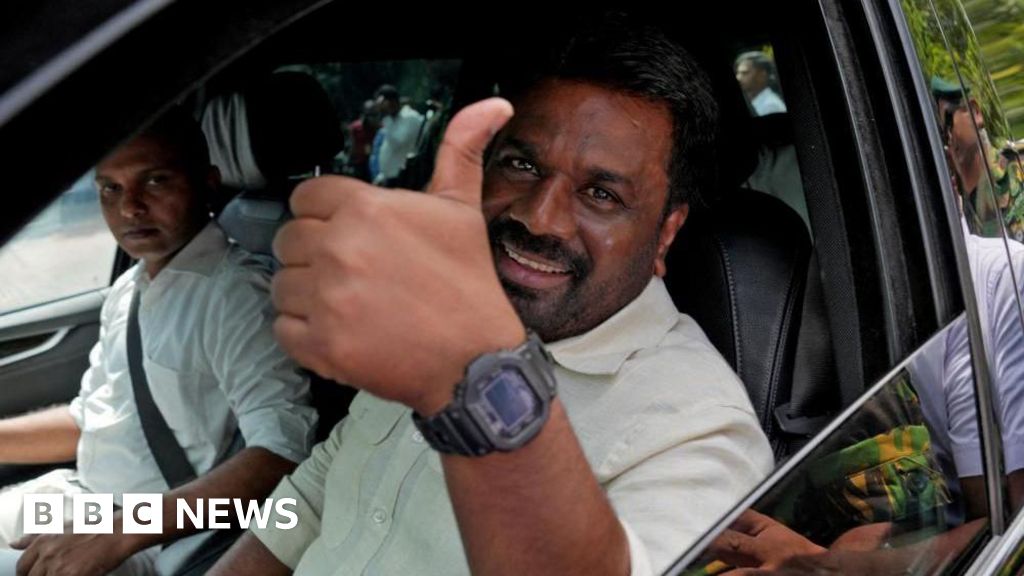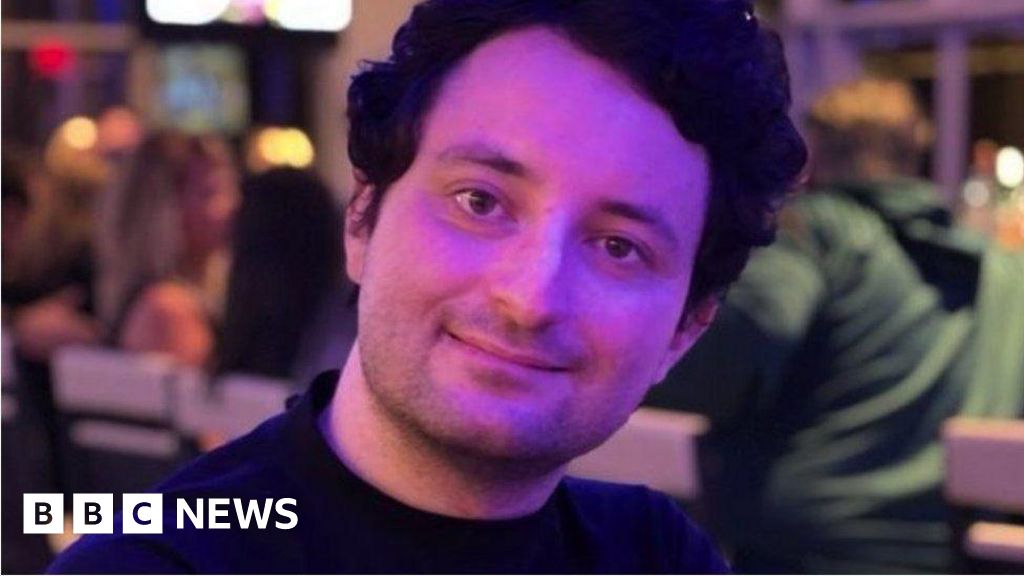ARTICLE AD BOX
 Image source, Revolucion Ciudadana
Image source, Revolucion Ciudadana
The 41-year-old candidate reported having received threats
By Vanessa Buschschlüter
BBC News
A candidate for mayor in Ecuador, who was murdered just hours before polls opened, has won the election in the city of Puerto López.
Omar Menéndez, 41, was shot dead by gunmen who burst into the room where he was with campaign workers on Saturday.
A teenager was also killed in the attack. Police are still investigating the possible motive behind it.
A member of Mr Menéndez's party is expected to replace the murdered politician as mayor.
The municipal elections were held during an escalating crime wave linked to the growing influence of violent drug gangs in the Andean country.
Mr Menéndez was not the only politician to be killed in the run-up to the election. Two weeks earlier, the candidate for mayor of the coastal town of Salinas, Julio César Farachio, was also shot dead.
Police have arrested a suspect in Farachio's murder who had previously threatened the 45-year-old candidate.
The suspect had recently been released from prison after serving a sentence for drug trafficking, local media reported.
No arrests have been made so far in the fatal shooting of Omar Menéndez, whose assailants fled on a motorbike.
President Guillermo Lasso condemned the murders.
The president, a conservative banker, has been grappling with the rising number of homicides in Ecuador.
He has proposed a series of changes to the constitution which were put to voters on Sunday.
One of them was to allow Ecuadoreans with links to transnational organised crime to be extradited abroad if they are facing a trial in another country or have already been sentenced in absentia.
With many jails in Ecuador overwhelmed by the recent crime wave, some officials argue that extraditing convicted criminals to maximum security jails in the United States would be a safer and cheaper option for the Ecuadorean justice system.
Neighbouring Colombia amended its constitution in 1997 to this effect and has sent many a notorious drug lord to the US since.
Colombian officials say the vehemence with which the drug barons fight against their extradition suggests they see a sentence in a US jail - where they have no ties and no influence over guards and prison directors - as a particularly harsh punishment.
But the proposal to change Ecuador's constitution to allow for the extradition of Ecuadoreans narrowly failed, with 51% of voters rejecting it.
President Lasso said he accepted the result, saying that "when the people speak, it's our duty to analyse, understand, and accept it".

 1 year ago
18
1 year ago
18








 English (US)
English (US)